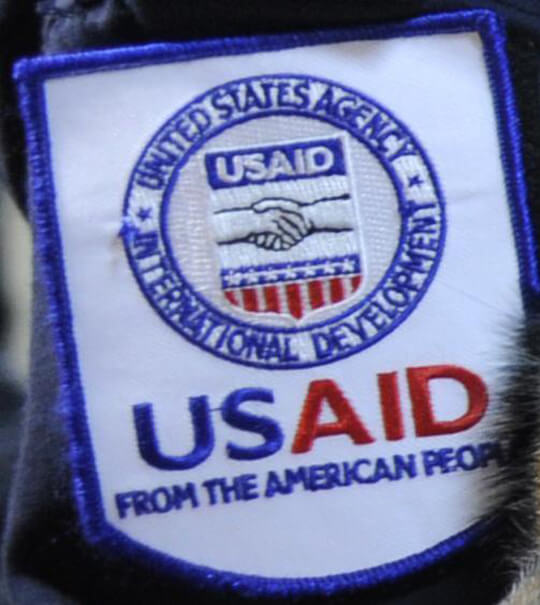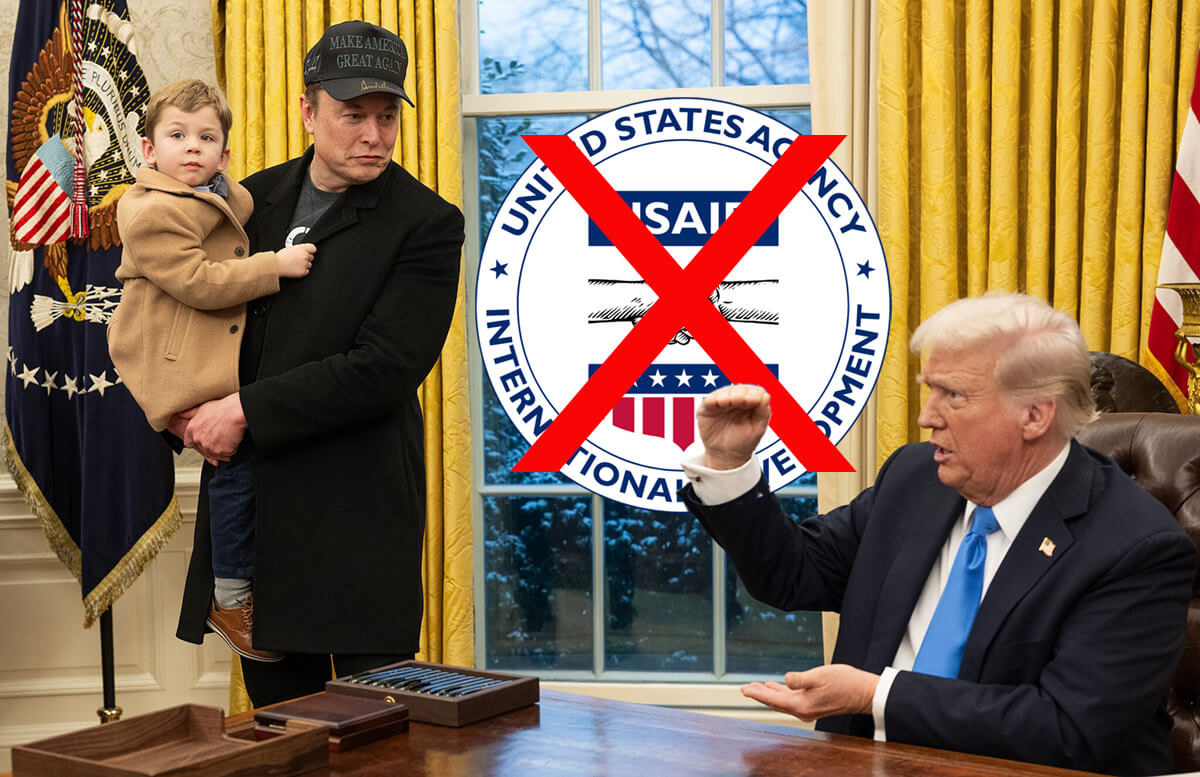
In a landmark decision announced on Friday, the State Department confirmed the forthcoming closure of the U.S. Agency for International Development (USAID), a move prompted by a federal court ruling that supports the Trump administration's broader initiative to streamline government operations. This significant shift in U.S. foreign aid strategy underscores the administration's intent to recalibrate how and where American resources are deployed internationally.
Secretary of State Marco Rubio articulated the rationale behind this decision, highlighting a departure from USAID's original mission which, according to him, resulted in "high costs with limited benefits." This statement echoes the administration's broader critique of how foreign aid has been managed, suggesting a pivot towards prioritizing investments that directly advance U.S. national interests.
The closure follows stringent evaluations and operational adjustments led by the Elon Musk-chaired Department of Government Efficiency (DOGE), which has already seen the suspension of key USAID officials and a cessation of various programs, especially those aimed at promoting democracy and free speech. This overhaul comes amidst criticisms of USAID's spending habits, with the White House and DOGE spotlighting projects they deemed wasteful or misaligned with taxpayer interests — from diversity, equity, and inclusion (DEI) initiatives to LGBT-focused endeavors abroad.
Financial scrutiny revealed millions spent on controversial projects, such as a $1.5 million workplace diversity program in Serbia and a $70,000 grant for a DEI-themed musical in Ireland. Additionally, funds allocated towards promoting LGBT ideology, including a “transgender opera” in Colombia and a “transgender comic book” in Peru, have been particularly contentious, reflecting the administration's stance on what it considers appropriate use of foreign aid.
Despite the upheaval, Secretary Rubio assured that essential humanitarian and security programs would persist under State Department oversight, albeit with a renewed focus on projects that align with American interests and strategic objectives. This recalibration marks a significant departure from USAID's historically broad mandate, which included global health initiatives and food security efforts, towards a more narrowed scope emphasizing national security, economic growth, and diplomatic alliances.
The transition, set to conclude by July 1, follows years of debate over USAID's role and efficacy. Originally established as a cornerstone of U.S. foreign assistance, the agency's annual budget of roughly $40 billion has long been a point of contention, with critics arguing that it served as a conduit for promulgating left-wing social policies under the guise of aid.
This closure is not merely administrative but symbolic, representing a fundamental shift in how the U.S. conceptualizes and implements foreign assistance. By folding USAID's functions into the State Department, the administration aims to ensure that future foreign aid endeavors are directly tied to the national interest, thereby heralding a new era in U.S. international engagement.





